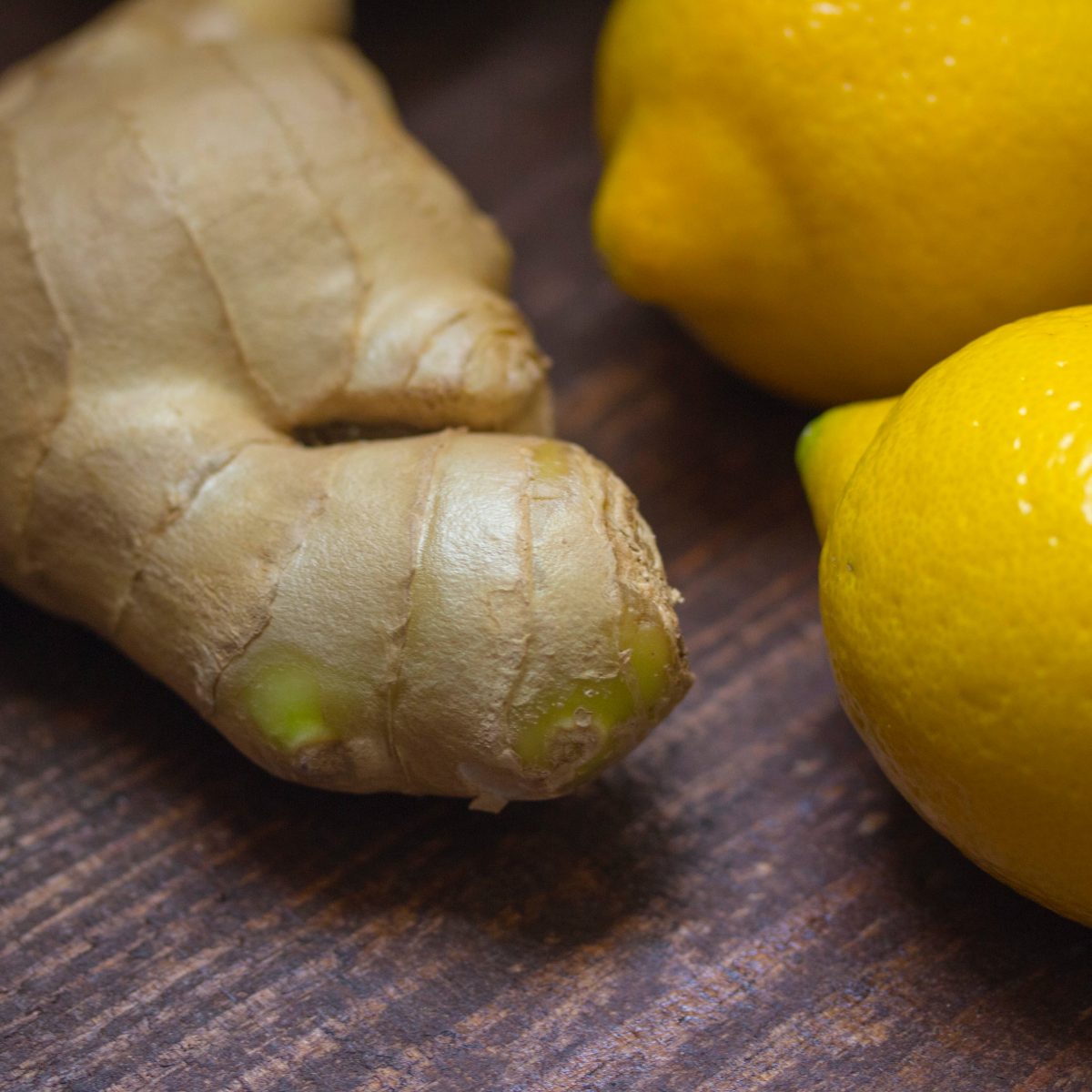When you’re sick with a cold, the most important thing you can do is sleep and rest. However, that’s not always the case as when your nose is all bunged up and you have a dry, tickly cough, getting a good nights sleep is near impossible.
Good quality sleep is essential to your recovery from a cold and your body needs rest in order to get better and, if you’re struggling to get a decent night’s sleep, you can often feel more ill and irritable. Fortunately, there are some ways that you can temporarily ease cold symptoms in order to get the rest you need. With that in mind, here are 3 top tips for improving your sleep when sick.
Drink Plenty Of Warm Beverages
Warm drinks before bedtime can help to soothe a multitude of cold symptoms and allow you to sleep much better. The warm temperature of the drink can help calm sore throats, suppress dry tickly coughs and loosen any congestion. Decaffeinated tea with honey and lemon is a classic choice for cold sufferers, as is peppermint tea, chamomile tea and ginger tea. These teas all contain properties that can help you relax, fight infections and breathe easier.
If you’re not a tea drinker, then you can also sip on hot water with lemon and honey, hot soup or broth. Avoid drinks that contain caffeine, as these can keep you awake for longer, especially when paired with painkillers. You should aim to drink warm beverages around 60-90 minutes before going to be, as drinking warm drinks too close to going to sleep can disrupt your sleep if you need to get up and go to the toilet during the night.
Take A Hot Shower
A hot shower can help in a number of different ways when you have a cold. The steam can help to thin out any mucus that may be congested in your sinuses or chest and drain away easier, which then makes it more comfortable for you to breathe. A warm shower can also help you get to sleep much easier, especially if you take one around 30 minutes before getting into bed, as it can help your muscles to relax, especially if you have the aches and pains that are typically associated with a cold.
Make sure that the water is hot, but comfortable, and keep the bathroom door closed to let the steam accumulate in the bathroom. If you want to create a more soothing experience, you can buy vapour rub shower gel, which further helps to soothe symptoms of a cold. You can also get aromatherapy shower bombs, which you place in the bottom of the shower and this then creates a menthol steam vapour. When you get out of the shower, be sure to keep warm and put on your comfortable clothes or pyjamas as soon as possible, as this can help you feel sleepy more quickly and can make you feel more soothed and relaxed when getting ready to go to sleep.
Create The Perfect Bedroom Temperature
The temperature of your bedroom is one of the most important factors when it comes to your quality of sleep. When you’re feeling unwell with a cold, your temperature is likely to be affected due to a temperature – you’re either too warm or feel particularly chilly.
Maintaining a good temperature whilst you sleep can be particularly tricky when unwell, but is important to get right if you want to get a good night’s sleep. Try to keep your bedroom temperature between 15ºc and 19ºc, with comfortable bedding and plumped up pillows to aid decongestion.
If you are getting particularly chilly, keep blankets or comforters nearby and try to maintain an optimal body temperature. If you’re getting too warm, or cold, when sleeping, this will disrupt your sleep and might impact your recovery period.
Conclusion
On average, most cold symptoms last between 7 and 10 days and, in most cases, you will find that your quality of sleep is impacted due to coughing, sneezing or congestion. Luckily, there are plenty of methods to soothe and relieve your cold symptoms, especially when it comes to getting to sleep. Depending on your cold symptoms, some may work better than others but it’s a case of trying out different things to find out what works best for you.
As we enter the winter months, the common cold and flu will become more prevalent, so it’s important to take steps to help prepare your immune system to fight off any future illnesses. Increasing your levels of vitamin C and D can help your body’s natural defences, eating plenty of fresh fruits and vegetables, getting enough fresh air and taking daily multivitamins and supplements can all help protect your immune system.




